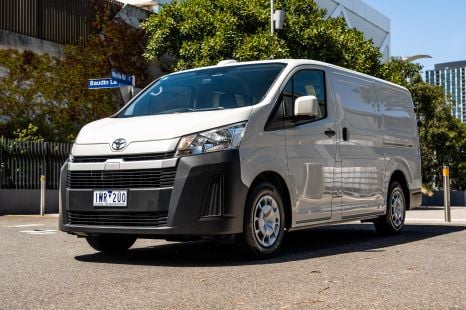

Max Davies
2025 Toyota HiAce LWB review
5 Days Ago
The BMW Group will apparently reach 50 per cent EV sales well ahead of its 2030 target. Six Neue Klasse-based EVs are coming over two years.

Contributor
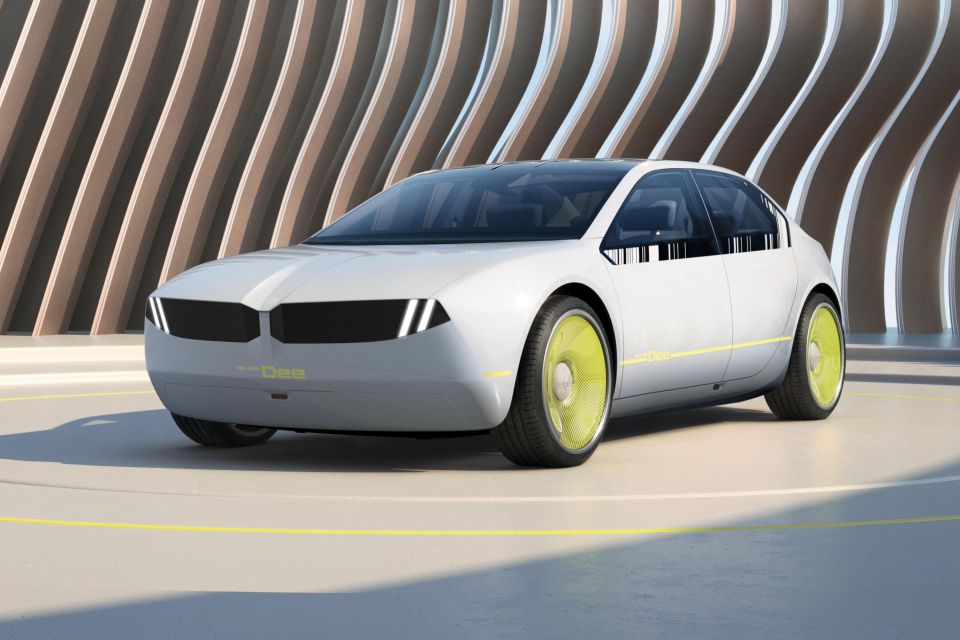

Contributor
The BMW Group has announced as part of its 2022 financial presentation it expects battery electric vehicles (BEVs) to make up 50 per cent of its total sales “well ahead of 2030”, which is its current target.
This confidence in its forecasted BEV sales share comes as the company announces its plans to launch six BEVs based on the upcoming Neue Klasse platform from 2025 to 2027.
The BMW Group, which includes the BMW, Mini and Rolls-Royce brands, says it sold over 215,000 BEVs globally in 2022, and for the first two months of 2023 it sold more than double what it did over the same period last year.
It currently expects its BEV sales share to “grow dynamically in coming years”. In 2024 the BMW Group forecasts at least one in five of the company’s new cars will be all-electric, by 2025 every fourth new vehicle delivered will be a BEV, and by 2026 around one in three.
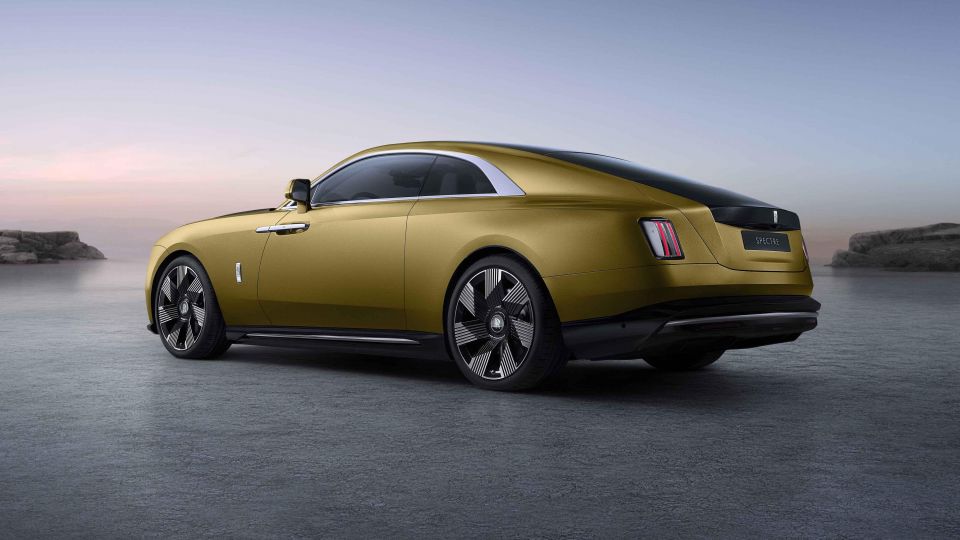
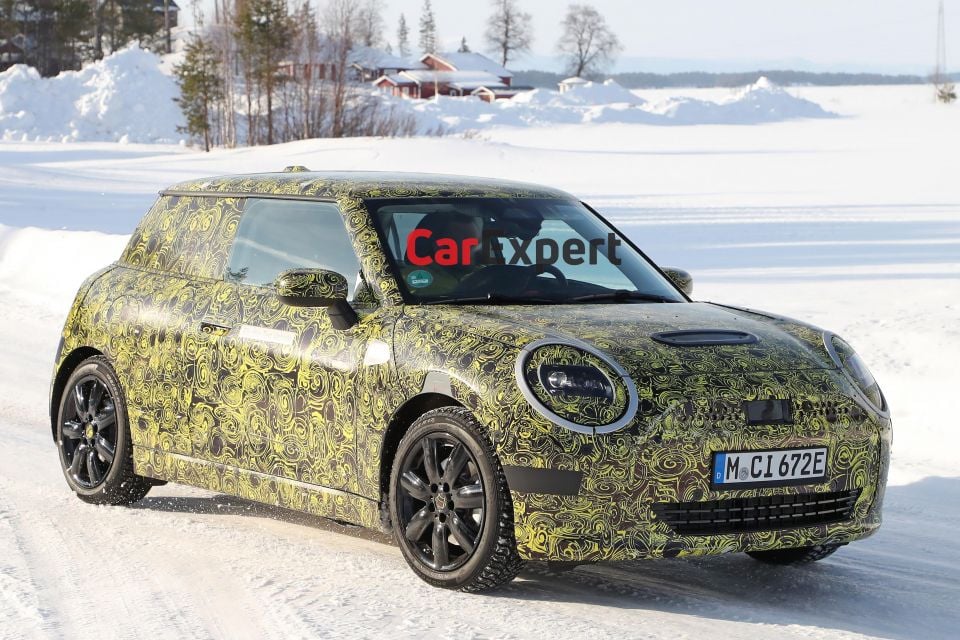
The company currently aims to deliver its two millionth EV in 2025, and by 2030 it plans to have delivered over 10 million EVs.
It’s worth noting that both Mini and Rolls-Royce will have all-electric lineups by 2030.
Production of vehicles built on the BMW Neue Klasse electric platform will commence in 2026 at the company’s 100-year-old plant Munich, Germany. It’s currently being revamped for this purpose.
The company will then start Neue Klasse production in Mexico from 2027. It’s currently investing €800 million (~A$1.2 billion) in the San Luis Potosí site.
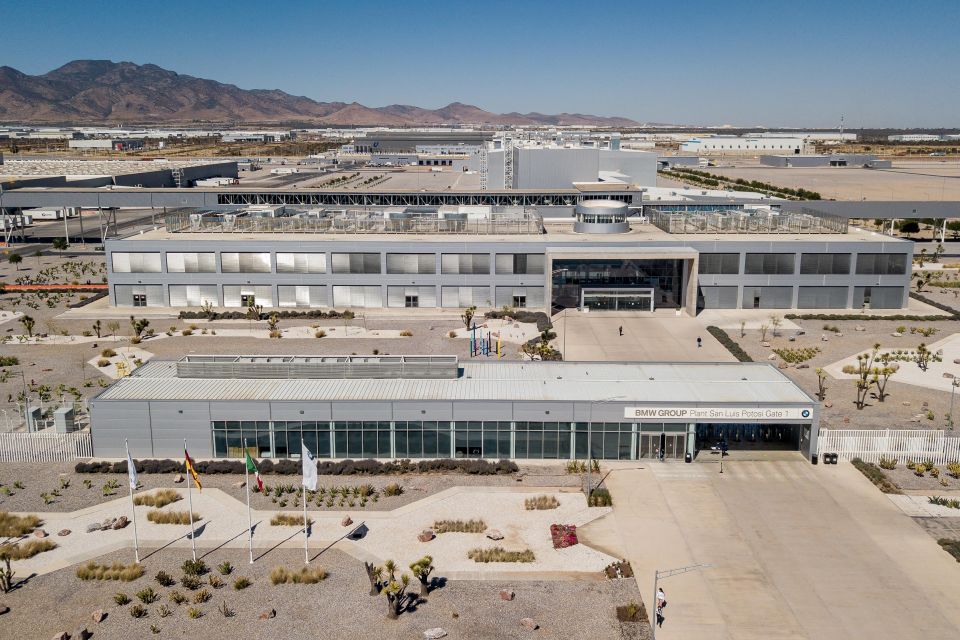
Further production sites will be announced at a later date, according to the BMW Group.
BMW’s upcoming Neue Klasse platform is set to debut in 2025 on a 3 Series-sized vehicle, which will be pitted against the Tesla Model 3. An X3-sized electric SUV will be the second vehicle.
At this stage it’s unclear what the other four Neue Klasse-based EVs will be at this stage.
The company recently showed off its i Vision Dee concept which previews the design and technology its Neue Klasse-based EVs will have.

BMW has previously said its range of Neue Klasse vehicles will be fitted with new cylindrical lithium-ion battery cells.
Compared to its current battery technology, this cylindrical cell technology is claimed to improve energy density by more than 20 per cent, charging speed by up to 30 per cent, and range by 30 per cent.
The company is also developing solid-state batteries and aims to have high-voltage batteries of this type ready for series introduction by the end of this decade.
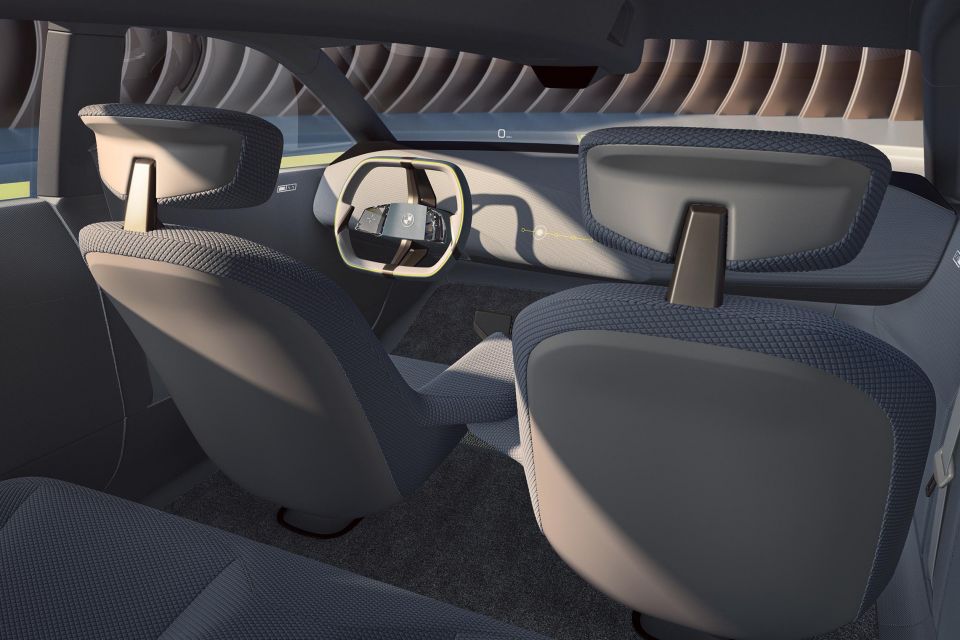
The first Neue Klasse-based EVs will also receive the full-width head-up display that was shown off on the i Vision Dee concept.
Unlike some other carmakers, BMW has yet to make any announcements about when it will end development and production of internal-combustion engine (ICE) vehicles.
Instead it’s reportedly wanting to keep investing in its four-, six- and eight-cylinder internal-combustion engines for the near future, according to German publication Handelsblatt.
MORE: BMW CEO: Neue Klasse EVs will be range, pricing benchmark MORE: How BMW will offer cheaper, longer-range EVs from 2025 MORE: New BMW 3 Series? i Vision Dee EV concept revealed at CES MORE: BMW invests $1.2 billion in Mexico for Neue Klasse production MORE: BMW isn’t going EV-only anytime soon
Jack Quick is an automotive journalist based in Melbourne. Jack studied journalism and photography at Deakin University in Burwood, and previously represented the university in dance nationally. In his spare time, he loves to pump Charli XCX and play a bit of Grand Theft Auto. He’s also the proud owner of a blue, manual 2020 Suzuki Jimny.


Max Davies
5 Days Ago
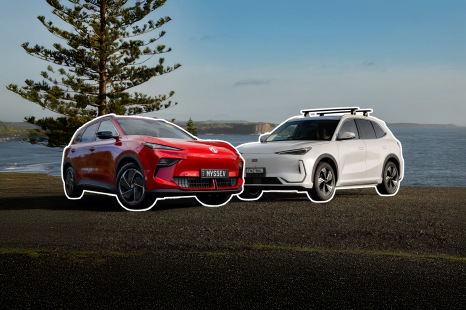

Andrew Maclean
4 Days Ago
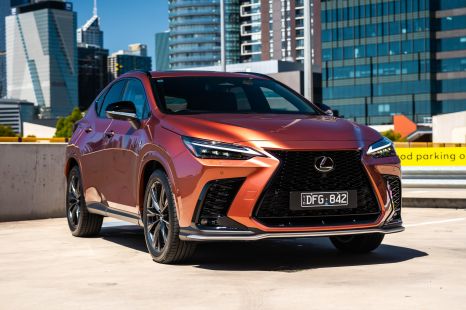

Max Davies
3 Days Ago
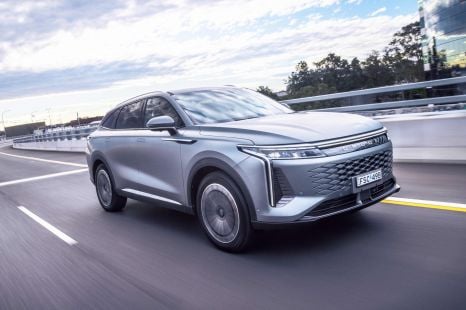

Damion Smy
2 Days Ago
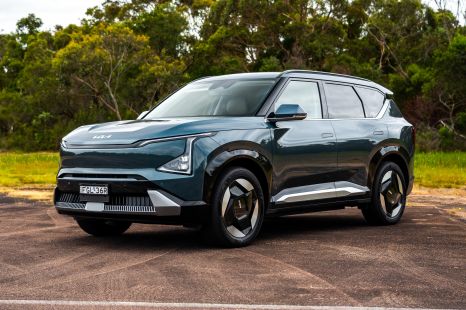

James Wong
1 Day Ago
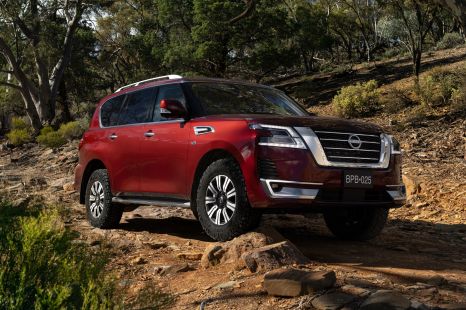

CarExpert.com.au
19 Hours Ago